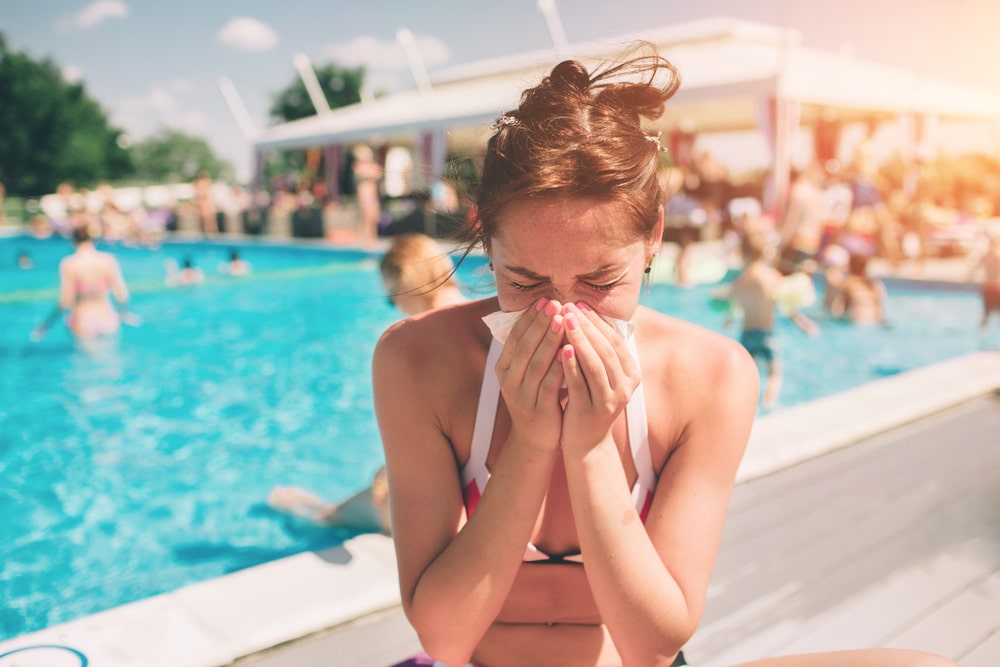Many people who contract COVID-19 recover from their illness within several weeks. Some might still be experiencing symptoms months later. After COVID-19, there is a variety of new, returning, and ongoing health issues people may be experiencing for up to four weeks after they were initially exposed to the coronavirus that caused them. People who didn’t develop any signs of coronavirus infection during their illness could still experience long-term health effects from the virus even if they recovered. Different types and combinations of health issues may be presented by these conditions at various times.
Post-COVID conditions include long-term consequences of COVID (long-term COVID), post-acute COVid-19, long-haul COVid-19 (post-acute COVID), or chronic COVID. Experts from across the globe are trying to understand whether there are any short- and long-term health consequences related to coronavirus (COVID-19), which people get infected by it, and why.
New or Ongoing Symptoms
For some people, there may be a wide variety of new or recurring symptoms lasting for several weeks or even longer than they were initially sick from COVID-19. Unlike some of the other types of post-COVD illnesses which usually affect only people who were severely ill during their coronavirus infection, these symptoms can be seen by any person who had COVID-19 whether or not he/she experienced serious illness at first. Commonly people experience various combinations of these symptoms:
Shortness of breath (SOB) means difficulty breathing.
Fatigue or tiredness
After engaging in strenuous activity, symptoms may worsen for several hours afterward.
Difficulties focusing or concentrating (also known as brain fog).
Coughing
Pain in chest or stomach
Headache
A fast beating or pounding heart (or heart palpitations).
Painful joints or muscles
Itchy skin sensation
Diarrhea
Sleeping disorders
Fever
Lightheadedness when standing up from sitting down.
Rashes
Changes in mood
A change in smell or taste
Prevention
Preventing COVID-19 illnesses is one of the best ways to avoid developing any kind of post-COVID condition. If you’re able to get yourself immunized for COVID-19, doing so is one of the most effective ways to avoid contracting the virus and protect others from catching it too.
Supporting your recovery after COVID
You’re probably still trying to come to grips with the fact that you were infected by coronavirus (COVID-19) and the effects it has had on your physical health and mental well-being.
Over time these changes should improve, some might need more time than others, but there’s always something you can do to help them progress faster.
Understanding what’s happening during your COVID Recovery gives you insight into what may happen when you recover from coronavirus.
What are the long-term effects of coronavirus infection?
According to the CDC (Centers for Disease Control), the most common long-term effects include fatigue, shortness of breath, coughing, joint pains, and chest pains. Other symptoms include memory loss, confusion, headaches, dizziness, fast heart rate, and fevers.
Breathing issues after COVID
Even if you don’t get sick from coronavirus (COVID-19), having trouble breathing could be an indicator of something worse going on inside your body.
After recovering from coronavirus (COVID-19), lung function may take some time to return to normal According to experts, it may be several months before someone recovers from COVID-19.
Respiratory therapy and breathing exercises can be helpful.
Heart problems after COVID
Coronavirus (SARS-Cov-2) infection may cause heart damage, especially for older adults who already suffer from cardiovascular disease. A recent study found that nearly half (60%) of patients who fully recover from Covid-19 show evidence of lingering cardiac damage, which may cause them to experience shortness of breath, fast heart rate, and even chest pain. Even if you’ve been through a mild case of COVD-19 and haven’t suffered any health complications beforehand, you may be at risk for developing an inflammatory condition called Kawasaki disease.
Kidney damage from COVID
Kidney failure due to COVID-19 could lead to chronic kidney disease and the need to undergo dialysis treatment.
What to do next?
Ironically, Covid has contributed to our society raising awareness about the importance of a strong immune system, standard hygiene practices, and avoidance of unnecessary contact with other people. It has also helped shift the business world with new models emerging such as remote and hybrid working.
After you have been tested negative, you are welcome to attend an immune-boosting and mentally relieving experience at TheLifeCo. You may check the program here: TheLifeCo Post Covid Program







